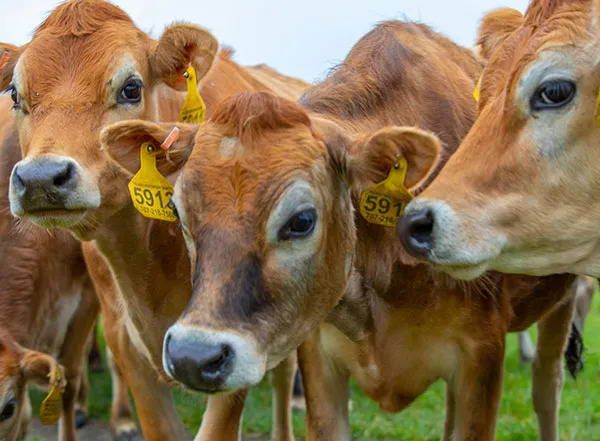The impact of humane farming on environmental sustainability is a compelling topic that resonates with a growing number of consumers and businesses committed to ethical practices and environmental stewardship. This blog post aims to explore the interconnectedness of humane farming practices with the broader goals of environmental sustainability, shedding light on how ethical treatment of animals and sustainable agricultural practices contribute positively to the health of our planet.
Humane farming goes beyond the welfare of animals, extending its impact to the environment and ecosystem at large. By adhering to practices that ensure the ethical treatment of livestock, farms can significantly reduce their environmental footprint. This approach to farming emphasizes the need for responsible land management, reduced reliance on chemical inputs, and the promotion of biodiversity.
One of the key aspects of humane farming is its emphasis on pasture-based feeding systems for animals. Unlike conventional farming practices that often rely on feedlots and high-density animal housing, humane farming encourages grazing and free-range systems. This method not only improves the quality of life for the animals but also enhances soil health and carbon sequestration. Grazing animals play a crucial role in maintaining healthy ecosystems by stimulating plant growth, cycling nutrients, and contributing to the biological diversity of the land.
Another important factor is the reduced use of antibiotics and growth hormones in humane farming. Conventional livestock production often employs these substances to promote rapid growth and prevent disease in cramped conditions. However, this practice can lead to antibiotic resistance and the contamination of water sources. Humane farming practices, which provide animals with healthier living conditions, reduce the need for such interventions, thereby minimizing their environmental impact.
Water conservation is another significant environmental benefit of humane farming. Sustainable farming practices focus on efficient water use and protection of water bodies from contamination. By managing livestock densities and employing natural grazing patterns, humane farms can prevent soil erosion and water runoff, preserving water quality and availability in the surrounding environment.
The concept of sustainable feed sourcing in humane farming also deserves attention. By sourcing feed locally or growing it on-site, farms can reduce transportation emissions and support local ecosystems. This approach not only reduces the carbon footprint associated with feed transport but also encourages the cultivation of diverse, sustainable crops that contribute to soil health and biodiversity.
Humane farming practices also contribute to reducing greenhouse gas emissions. Traditional livestock farming is a significant source of methane, a potent greenhouse gas. By adopting humane practices, such as improved manure management and pasture rotation, farms can mitigate methane emissions and contribute to climate change mitigation efforts.
Furthermore, humane farming practices align with the principles of circular agriculture, where waste products are minimized and recycled. This approach promotes the efficient use of resources, turning waste into valuable inputs for other processes, thus embodying the principles of sustainability.
The social implications of humane farming also intertwine with environmental sustainability. By supporting humane farms, consumers and businesses foster a more ethical food system that respects animal welfare, supports local communities, and contributes to the economic viability of small and medium-sized farms. This, in turn, encourages a shift away from industrial farming practices that often prioritize efficiency over environmental and ethical considerations.
In conclusion, the impact of humane farming on environmental sustainability is profound and multifaceted. By embracing humane farming practices, businesses and consumers can play a crucial role in promoting a more sustainable and ethical food system. The benefits of such practices extend beyond the immediate welfare of farm animals to encompass broader environmental goals, including soil health, water conservation, biodiversity, and climate change mitigation.
As the demand for ethically produced and environmentally friendly products continues to grow, the adoption of humane farming practices becomes increasingly important. Businesses like Humane Gains, which prioritize ethical and sustainable practices, not only set a standard for the industry but also inspire positive change that benefits the planet and its inhabitants.
By championing humane farming and its role in environmental sustainability, we can collectively contribute to a more sustainable future, ensuring the well-being of animals, the health of our ecosystems, and the prosperity of future generations

